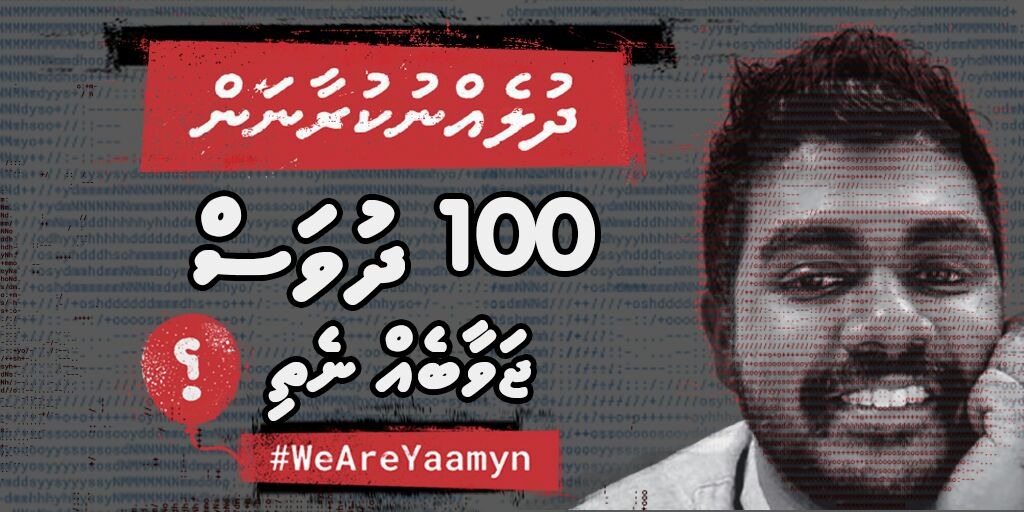An examined life: Yameen Rasheed
“The killing of Yameen is so difficult to come to terms with because it symbolises the death of potential,” writes Azra Naseem.

02 Aug 2017, 09:00
The Twitter DM arrived in my inbox at 3:48 in the morning on Sunday the 23rd of April. I was in Europe, five hours behind Male’ time. It was another three hours before I switched my phone on and looked at my messages.
“What? Really? OMG,” I replied.
My brain was still half asleep, not at its sharpest. What kind of chaos will the Maldives have to face now that the President has been assassinated, I wondered. What sort of a madman would have done such a thing? Life was bad enough for people as it was. Nothing good will come of killing the President.
Even as I grappled with thoughts of inevitable violence, riots and protests that would surely follow in the wake of the assassination, one persistent thought kept trying to muscle its way in… “He doesn’t mean the President, he doesn’t mean the President…”
Become a member
Get full access to our archive and personalise your experience.
Already a member?
Discussion
No comments yet. Be the first to share your thoughts!
No comments yet. Be the first to join the conversation!
Join the Conversation
Sign in to share your thoughts under an alias and take part in the discussion. Independent journalism thrives on open, respectful debate — your voice matters.




